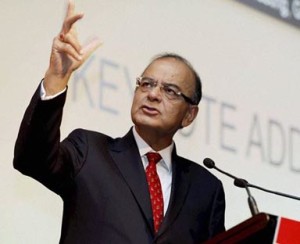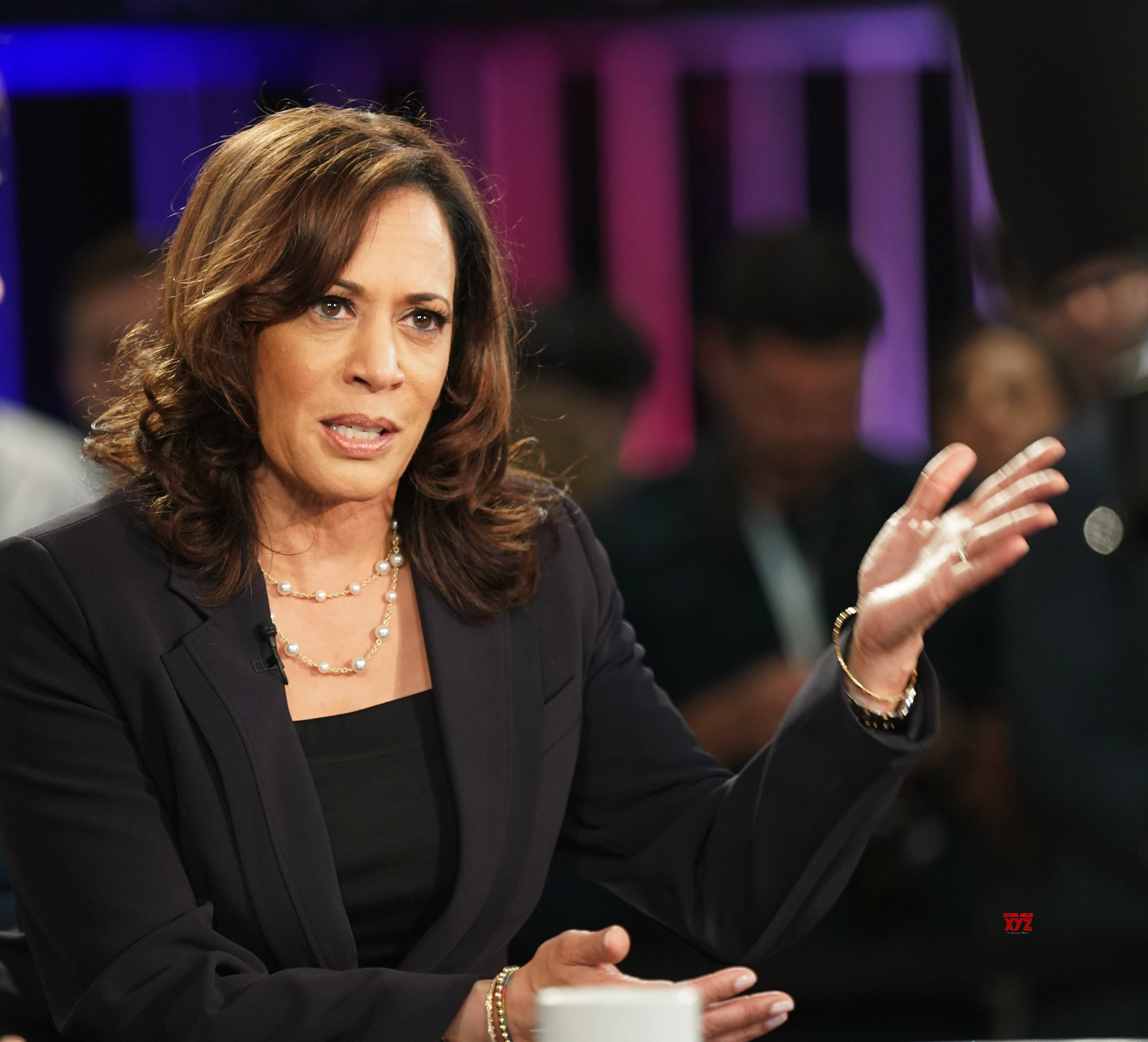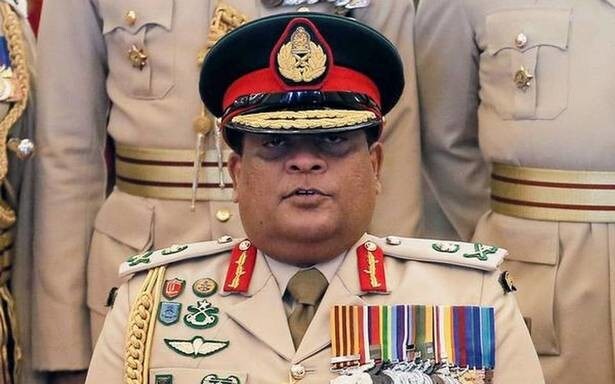
UNITED NATIONS: India has asked the global community to toughen its collective fight against the growing nexus of organized drug trafficking and terrorist networks by disrupting their financial flows, as these evils threaten peace, security and stability across regions.
“Terrorism constitutes one of the most dangerous threats to civilized societies today. Terrorism knows no borders and terrorists continue to strike cities and innocent civilians across continents,” Finance Minister Arun Jaitley said in his address to a special UN General Assembly session on the drug problem yesterday.
The “growing nexus of drug trafficking and terrorist networks endangers peace, security and stability across regions,” Jaitley stressed.
In a clarion call to the international community, he said, “we have to continue and toughen our collective fight against these evils.”
He termed as a “major challenge,” money laundering and illicit financial flows and proceeds of crime generated from drug trafficking and other transnational organized crime.
“The criminal networks and drug syndicates can only be effectively busted by disrupting their financial flows,” he said at the three-day session that kicked off with the adoption by the 193-member body of the new framework on countering the world drug problem, drafted last month in Vienna by to UN body the Commission on Narcotic Drugs (CND).
Jaitley had last week participated in the spring meetings of the International Monetary Fund and the World Bank in Washington and had held meetings with investors in the city.
Addressing the 30th Session of the UN General Assembly on World Drug Problem, Jaitley said the drug problem has global dimensions and requires collaboration across borders as it impacts nations’ ability to attain the objectives of the 2030 development agenda.
He voiced India’s firm commitment to the three UN conventions on drug matters, emphasizing that as a supplier of licit opiate raw material to the world and a traditional licit opium cultivator, India is “fully conscious” of its own responsibility to eradicate any illicit cultivation, reduce demand and put in preventive and enforcement measures.
“National efforts, however intense and sincere, cannot adequately deal with the drug problem. Bilateral, regional and international cooperation is essential in this area,” he said adding that one such area which needs extensive international cooperation is the coordinated action against emergence and abuse of new psychoactive substances. . He pointed out that the three conventions adopted by the international community have served well in limiting and managing the drug problem and provide sufficient flexibilities to Member States to fine tune their domestic laws so as to be commensurate with the realities and challenges of 21st century.
“We strongly believe in the centrality of the three international drug control conventions in addressing and countering the world drug problem. We firmly believe that the conventions provide ample scope to incorporate the ‘human face’ of the drug problem,” Jaitley said.
He said several steps are being taken for strengthening supply and demand reduction activities as well as treatment and after-care facilities through a public health approach.
He said India is committed to ensuring the availability of controlled substances for medical and scientific purposes, while preventing their diversion, abuse and trafficking and ensure availability of drugs for palliative care, pain relief and opioid substitution therapy for cancer patients and drug abuse victims.
Further augmenting regional cooperation to combat crimes related to drug and money laundering, Jaitley said India in coordination with UN Office on Drugs and Crime is in advanced stages of setting up a regional coordination centre for South Asia named SARICC (South Asia Regional Intelligence and Coordination Centre) with India, Nepal, Bhutan, Myanmar, Bangladesh, Sri Lanka, and Maldives as founding members.
“The task ahead, especially in the next three years, is arduous indeed. I am confident that this session and its outcome will give a new impetus to the national, bilateral, regional and international action towards realizing a world free of drug abuse in our lifetime and achieve the ‘sustainable future we want’,” he said.
The new framework adopted by the UN puts people at the centre of global policies on drug control, recognizing that to address the world drug problem, appropriate emphasis should be placed on individuals, families, and society as a whole.
“Putting people first means reaffirming the cornerstone principles of the global drug control system, and the emphasis on the health and welfare of humankind that is the founding purpose of the international drug conventions,” the Executive Director of UN Office on Drugs and Crime (UNODC) Yury Fedotov, told delegates at the opening of the session.
In his remarks, UN Deputy Secretary-General Jan Eliasson recognized that some aspects of the drug agenda are sensitive and controversial.
“I also know that some countries and regions have suffered more than others. It is therefore important that we listen to each other and learn from each other’s experiences, not least of how the well-being of people is affected,” he said.
Looking forward to 2019, when the current Political Declaration and Plan of Action adopted by the Assembly’s first special session on drugs comes to an end, Eliasson said the global community should focus on new challenges and threats, including the emergence of new psychoactive substances.
“UN Member States, UNODC and the whole UN system must respond in a timely, effective and flexible fashion to these and other looming dangers,” he said.
“We must base our decisions on research, data and scientific evidence. And we must not shy away from new ideas and approaches even if these sometimes may challenge traditional assumptions.”
UN World Health Organization’s Director-General Margaret Chan said an estimated 27 million people have drug use disorders, and more than 400,000 of them die each year.
“The health and social harm caused by the illicit use of psychoactive drugs is enormous. This harm includes direct damage to the physical and mental health of users, drastically reducing the length and quality of their lives,” she said.
“In the view of WHO, drug policies that focus almost exclusively on use of the criminal justice system need to be broadened by embracing a public health approach. A public health approach starts with the science and the evidence. It tells us several things,” she added. -PTI






